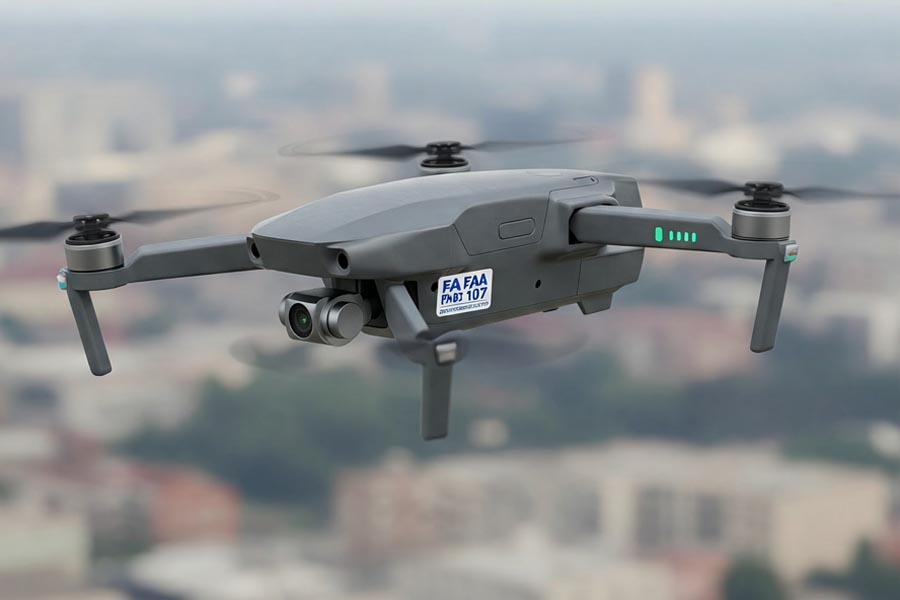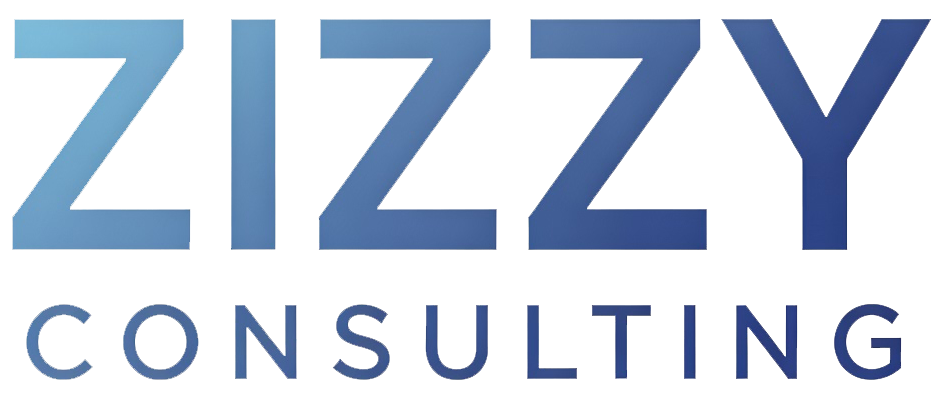by ebrentdillon
Share
by ebrentdillon
Share

Getting certified to fly drones, particularly for commercial purposes, involves adhering to the regulations set by the Federal Aviation Administration (FAA) in the United States. Here’s a breakdown of the process that wll hopefully get you going with the least amount of hassle. Click the Player below for the ZIZZYCAST
1. Determine if You Need Part 107 Certification
- Part 107: This is the certification required for commercial drone operations. If you plan to use your drone for anything other than purely recreational purposes (e.g., real estate photography, inspections, delivery), you’ll need this.
- Recreational Flying: If you’re only flying for fun, you’ll need to pass The Recreational UAS Safety Test (TRUST).
2. Requirements for Part 107 Certification
- Be at least 16 years old.
- Be able to read, write, speak, and understand English.
- Be in a physical and mental condition to safely 1 operate a drone.
1. www.fortressuav.com
3. Steps to Get Part 107 Certification
- Obtain an FAA Tracking Number (FTN): You’ll need to create an Integrated Airman Certification and Rating Application (IACRA) profile on the FAA’s website to get this.
- Study for the Knowledge Test: The FAA provides study materials to help you prepare for the Unmanned Aircraft General – Small (UAG) Knowledge Test.
- Schedule the Knowledge Test: Take the test at an FAA-approved Knowledge Testing Center.
- Pass the Knowledge Test: You’ll need to achieve a score of 70% or higher.
- Apply for a Remote Pilot Certificate: After passing the test, complete FAA Form 8710-13 on the IACRA website.
- TSA Background Check: The FAA will conduct a Transportation Security Administration (TSA) background check.
- Receive Your Remote Pilot Certificate: Once everything is approved, you’ll receive your official Remote Pilot Certificate.
4. Additional Requirements
- Register Your Drone: If your drone weighs more than 0.55 pounds, you must register it with the FAA on the FAADroneZone website.
- Follow FAA Regulations: Always fly your drone safely and in accordance with FAA guidelines.
Key Points
- The Part 107 test covers a range of topics, including regulations, airspace, weather, drone operations, and more.
- The FAA charges a fee to register your drone.
- Your Remote Pilot Certificate is valid for two years. To keep it current, you’ll need to pass a recurrent knowledge test.
Remember to consult the official FAA website or a certified flight instructor for the most up-to-date and detailed information on drone certification.
STAY IN THE LOOP

